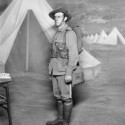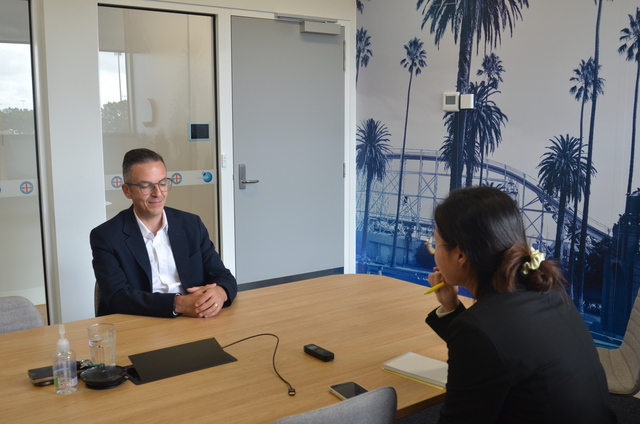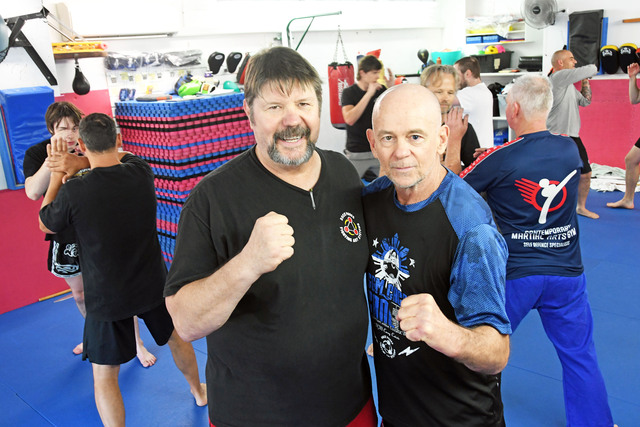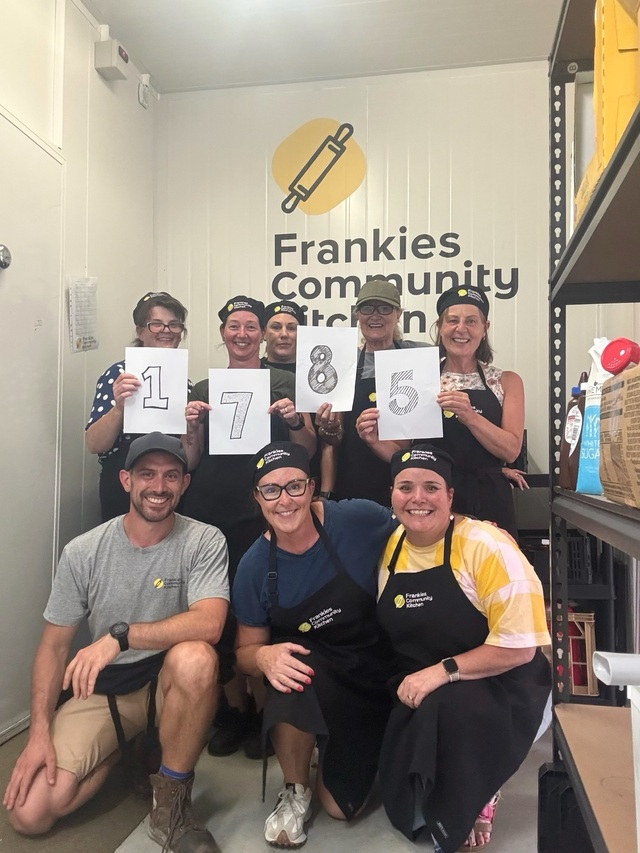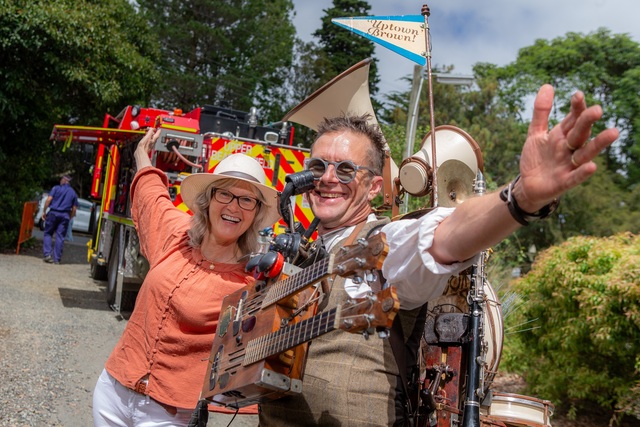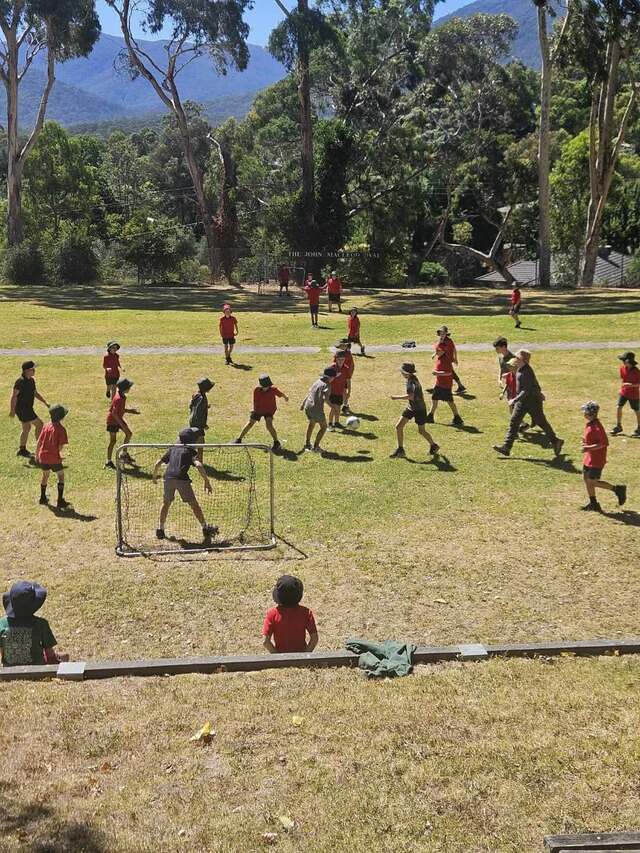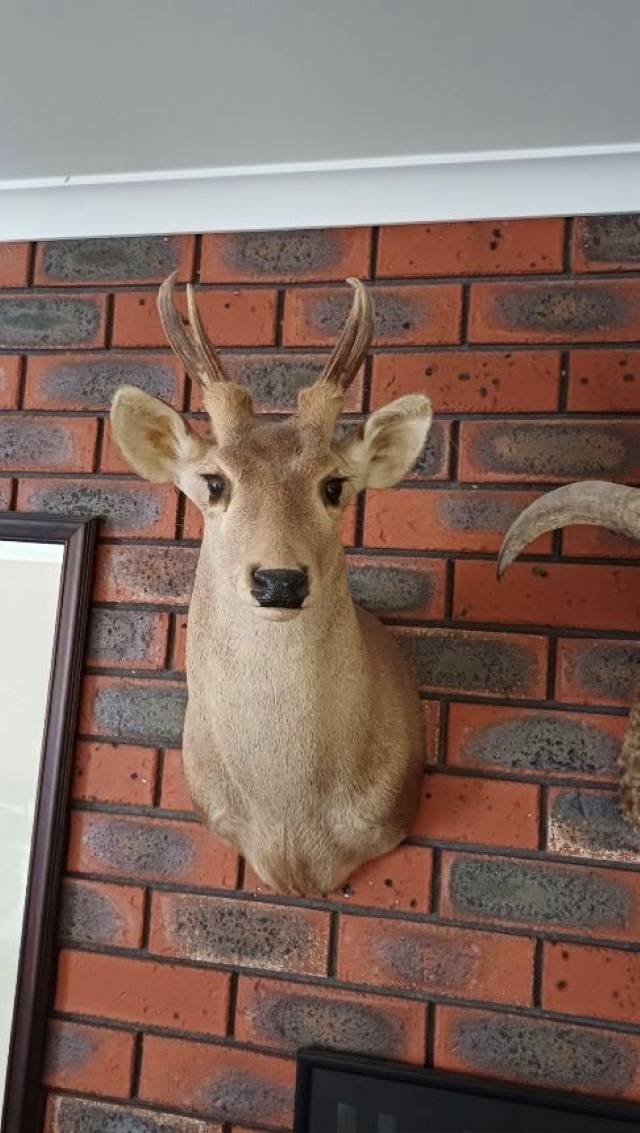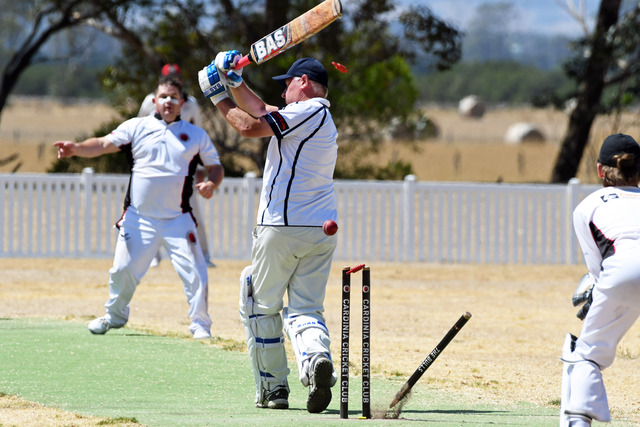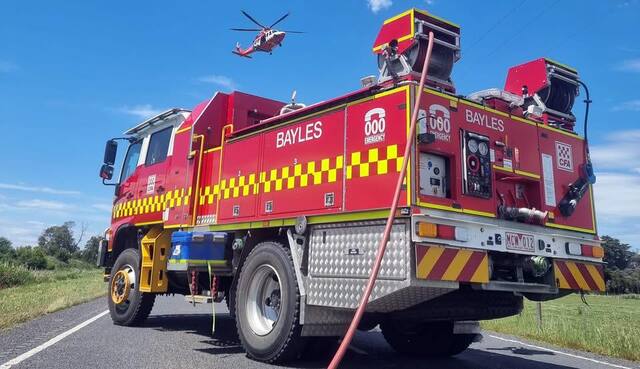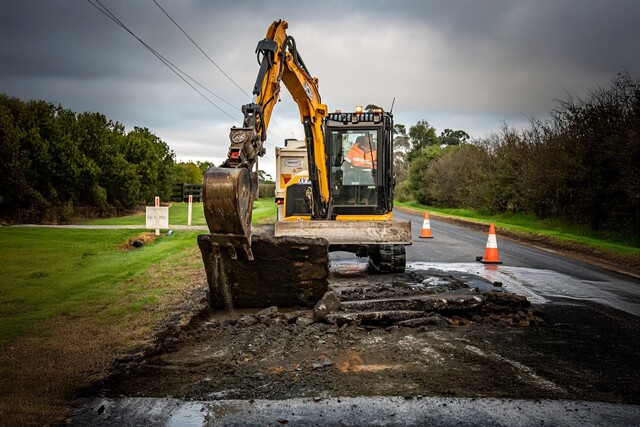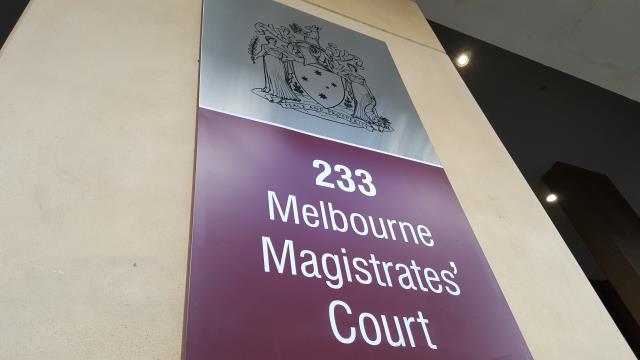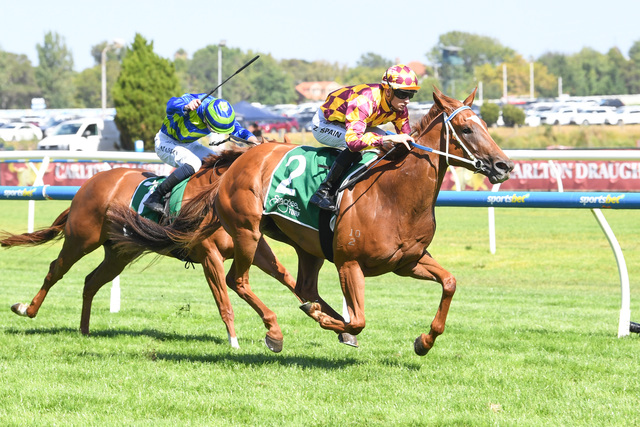By LACHLAN MOORHEAD
THEY were the baker’s boys – eight men employed by local Narre Warren baker Donald Hartley Rowe who all enlisted to fight in WWI.
A November 1915 edition of the Berwick Star News reported their names as Harry McGuire, Alf Rooney, Harold Johnstone, Jack Lyons, Fred Lewis, Vic Chitts, Reg Currie and Geo Forrester.
Narre Warren and District Family History Group member Jane Rivett-Carnac has spent the last few weeks poring over old records to find out who these eight men were, and unearth their stories.
Some proved easier to identify then others.
Harry McGuire is believed to be American-born Private Harry Robert McGuire, who served in England and France before returning to Australia on 1 May, 1917.
But this information cannot be confirmed, with Mrs Rivett-Carnac finding 263 potential ‘H. McGuires’, or variations thereof, listed in the records.
Private Alfred George Rooney’s history was clearer. He was a driver and trumpeter in the 8th Light Horse, who enlisted on 15 October 1914. The son of James Rooney from Ballarat, Alfred was wounded in Gallipoli on 16 May 1915 by a gunshot wound to his neck and shoulder, and was evacuated to Egypt where he recovered.
He was awarded the Military Medal on 23 September 1916 for gallantry and devotion to his duty in the field.
His recommendation recognised him for “ … bringing ammunition and water to the firing line under very heavy machine gun fire, doing three trips to and fro and for assisting in bringing in a wounded officer from a fire swept ridge.”
Alfred carried out the remainder of his service with the Egypt Expeditionary Force in Palestine.
There were found to be 69 records of people who served with the name, or variation of the name, Harold Johnstone, and none could be definitively proven to have any connection to baker Donald Hartley Rowe, or Narre Warren.
Jack Lyons is another name which proved difficult to research. Mrs Rivett-Carnac came across a Private Charles Jack Lyons who enlisted in Tasmania in September, 1914, and whose papers indicate he was a baker and served in Gallipoli and France.
But she was still unsure whether this was one of Rowe’s boys.
“My problem with this being the correct person is if he’s working as a baker in Narre Warren why would he leave and go to Tasmania to enlist?” Mrs Rivett-Carnac told the News.
“Many men named John are known as Jack and the army records have many John Lyons records – finding the correct one this way will take more time than we have.
“There is also the Lyons family from Tooradin, it may be that this soldier is one of their sons but I can’t prove it.”
Private Fredrick Archibald Lewis enlisted on 13 July 1915 at the age of 24. His next of kin was his father, Caleb Nicholas Lewis, who was living at Wilson Street in Berwick at the time.
Frederick left for Egypt and France on the HMAT ‘Ceramic’ A40 and served for 1455 days.
He returned to Australia in May 1919, where he continued to mourn the death of his younger brother William, who was killed in action in France in March 1917 at the age of 21.
Prior to his enlistment William is believed to have worked for a local grocer in Pakenham – Mr P. O’Halloran.
Charles Victor Chitts was the only ‘Vic’ uncovered by Mrs Rivett-Carnac.
But while he is understood to have two cousins who were German prisoners of war in WWI, there is no evidence that Charles served under his name.
It’s believed Charles had another cousin who lived Berwick.
“Perhaps Vic enlisted under an alias or he only served within Australia and his records are not available or he went to enlist and didn’t pass the physical but then you would think he would have returned to work,” Mrs Rivett-Carnac said.
“I’m guessing he served under an alias or paid his own way to England and served with another country – all possibilities, but no proof.”
The seventh of Mr Rowe’s employees to enlist was Private Reginald Currie, who signed up on 6 November 1915 at the age of 22.
A death notice in the Argus newspaper indicates that Reginald was the only son of Donald and Margaret, and a brother to six sisters. The family is believed to have lived in Warragul and Berwick.
It’s reported that he served in France and is reported gassed in 1917 and 1918, and both times he was hospitalised. He completed his service as a member of the 14th Battalion and returned home to Australia in April 1919 on the troopship ‘Commonwealth’.
“From his service record it would seem that he had trouble fitting into the army way of doing things, he is reported absent without leave a number of times,” Mrs Rivett-Carnac said.
“He went before a field court-martial for disobeying an officer’s command and found guilty, each time he forfeits days of pay, in total 205 days and at one point spent 100 days confined to camp when in England.”
Sergeant George Arthur Forrester served for four years in Gallipoli and France and was promoted to sergeant.
He returned to his father Zephaniah Forrester’s home at Taradale and later married Susan Holbrook.
A newspaper report from the Dandenong Advertiser, dated 18 November 1915, notes that R. Currie and S. Forrester, of Narre Warren, had enlisted and were both employed by Mr Rowe at the bakery.
Mr Rowe is recorded on an electoral roll as having left the Narre Warren district by 1925.

